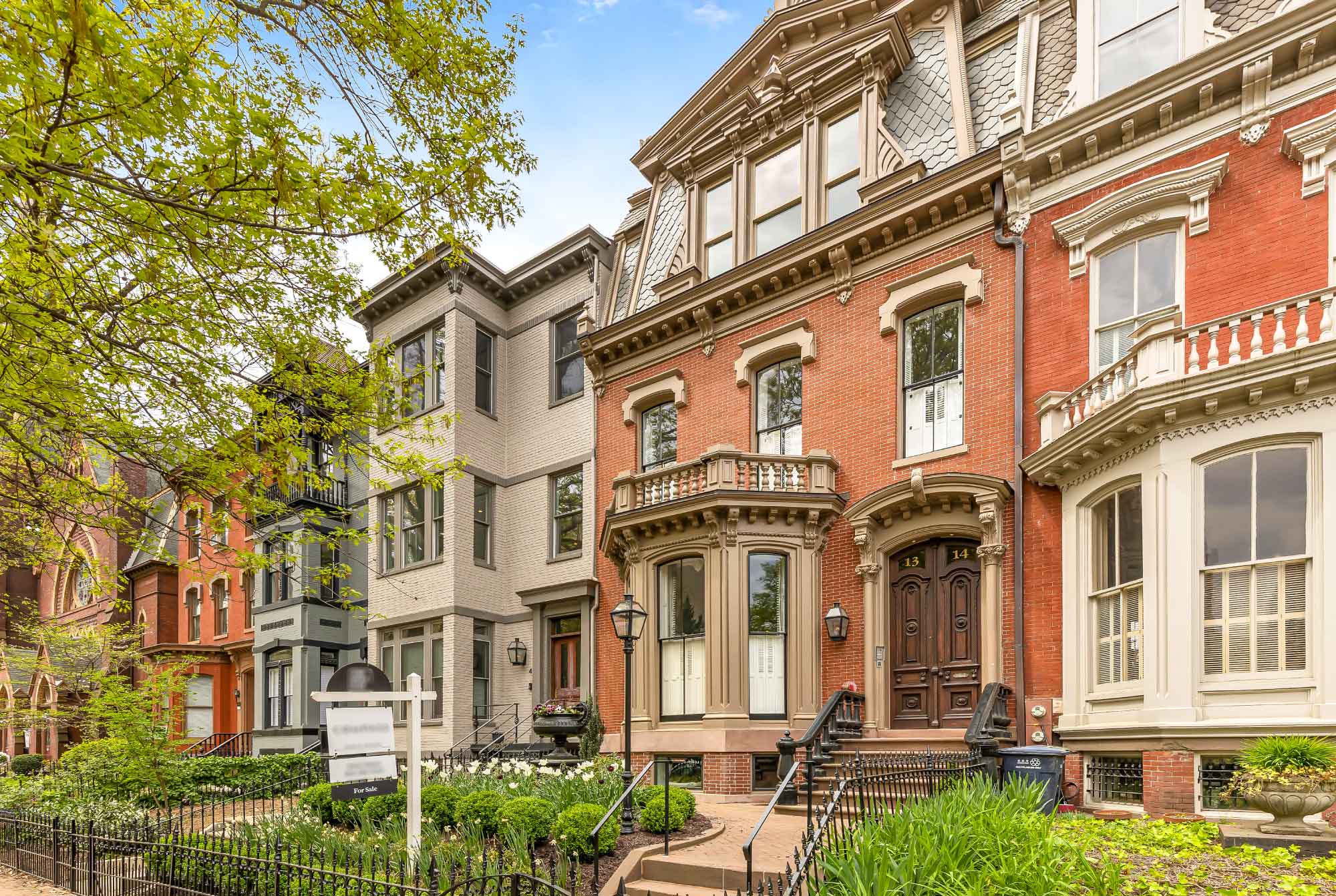Things To Know About Selling Your House As-Is

Thinking about selling sometime this year? Whether your home is ready for the spotlight or in need of some serious TLC, the debate around which updates to make is a critical (and common) one. In fact, even if your property is a classic fixer-upper, the appeal of selling as-is can seem infinite — from fewer costs to a more expedient timeline. Feeling compelled to take the “what you see is what you get” approach to selling your home?
Keep reading for the top considerations to keep in mind when you forgo the renovations so you can keep your expectations in check every step of the way.
#1 Potential For Reduced Profit: Homes sold as-is generally fetch a lower price, largely due to the anticipated repair costs the buyers will have to shoulder. Skipping the repairs saves you money on the front end, but you can’t expect to price an as-is property the same way you would if it were in pristine condition.
#2 Limited Buyer Pool: There’s no getting around it: The majority of house-hunters today are looking for move-in-ready properties and don’t feel comfortable taking on a “project.” What does that mean for you? Chances are, as-is sellers will have less prospective buyers to choose from.
#3 Financing Challenges: Keep in mind that buyers could face difficulties when securing a loan for a house in poor shape, which can prolong the selling timeframe. In fact, it might even lead to the deal falling through, particularly if the home appraisal comes in short of the agreed-upon price.
Looking for more home selling advice? Keep reading these blogs next:
- How to Buy and Sell During the School Year
- How to Sell Your Parent’s Home
- Should You Hire a Friend to Sell Your Home?
#4 Legal Risks: Depending on local laws and regulations, selling a home as-is may not absolve you from disclosing known defects or issues with the property. The kicker? There’s a possibility that failing to disclose could lead to legal issues down the line.
#5 Lengthened Time On Market: Because as-is homes typically appeal to a limited audience and may require negotiations around repairs or price reductions, in some cases, they can actually end up taking longer to sell.
#6 Negotiation Challenges: Buyers may use the as-is status to negotiate aggressively, demanding steep discounts or repairs before closing the deal. This, of course, can lead to protracted negotiations and potentially derail the sale.
#7 Stigma: Regardless of how minimal your property’s needs may be, the as-is label can create a stigma nonetheless that may make it more challenging to attract buyers or achieve your target sale price.
#8 Unforeseen Costs: Selling as-is doesn’t mean you’re entirely off the hook for repairs. If an issue arises during the inspection or after the sale, you may still be responsible for addressing it, which could incur unexpected costs along the way.
The bottom line? Before making a decision on the best approach to selling your home, it’s essential to weigh the potential drawbacks against the advantages. Consulting with our trusted team today can ensure you understand the implications and navigate the process effectively!
Have questions about buying or selling a home in DC? We’ve got answers! Give us a call at 202.280.2060 or email us directly at js****@*******ra.com.

Put Us To Work For You
Book a consultation with our team today.








